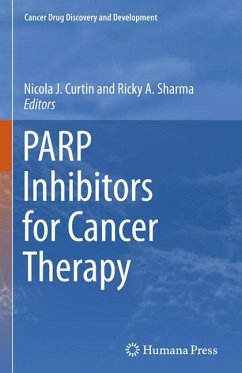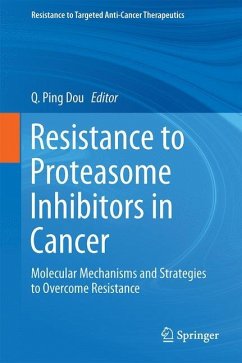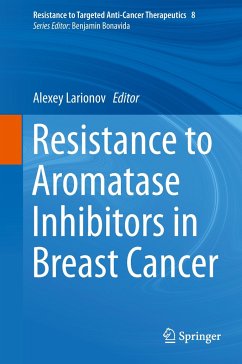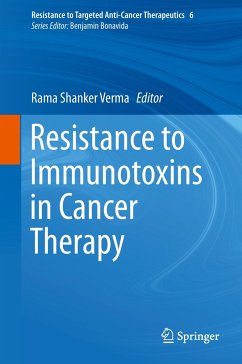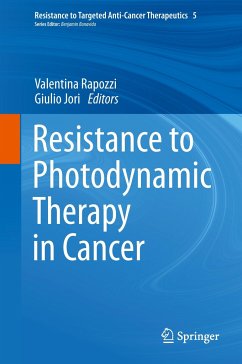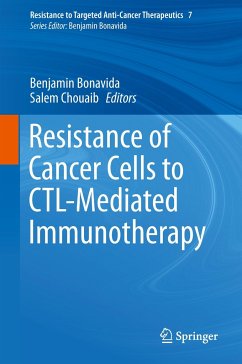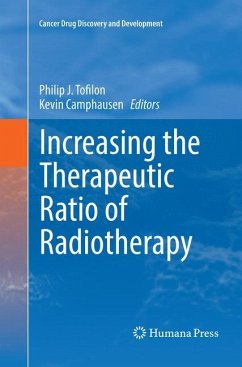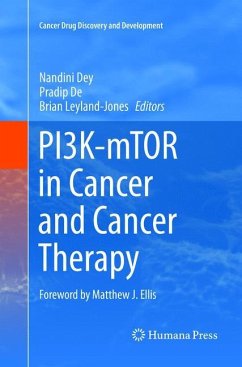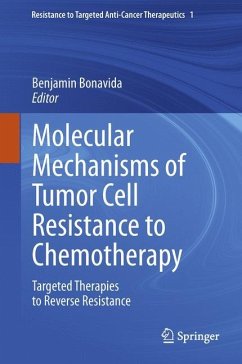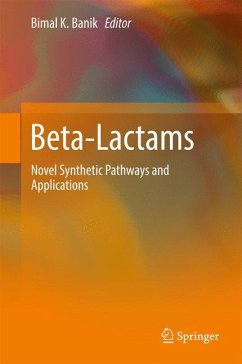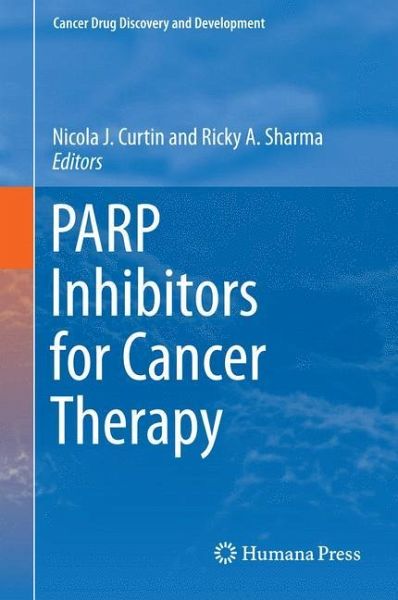
PARP Inhibitors for Cancer Therapy

PAYBACK Punkte
58 °P sammeln!
PARP Inhibitors for Cancer Therapy provides a comprehensive overview of the role of PARP in cancer therapy. The volume covers the history of the discovery of PARP (poly ADP ribose polymerase) and its role in DNA repair. In addition, a description of discovery of the PARP family, and other DNA maintenance-associated PARPs will also be discussed. The volume also features a section on accessible chemistry behind the development of inhibitors.PARP inhibitors are a group of pharmacological inhibitors that are a particularly good target for cancer therapy. PARP plays a pivotal role in DNA repair and...
PARP Inhibitors for Cancer Therapy provides a comprehensive overview of the role of PARP in cancer therapy. The volume covers the history of the discovery of PARP (poly ADP ribose polymerase) and its role in DNA repair. In addition, a description of discovery of the PARP family, and other DNA maintenance-associated PARPs will also be discussed. The volume also features a section on accessible chemistry behind the development of inhibitors.
PARP inhibitors are a group of pharmacological inhibitors that are a particularly good target for cancer therapy. PARP plays a pivotal role in DNA repair and may contribute to the therapeutic resistance to DNA damaging agents used to treat cancer. Researchers have learned a tremendous amount about the biology of PARP and how tumour-specific defects in DNA repair can be exploited by PARPi. The "synthetic lethality" of PARPi is an exciting concept for cancer therapy and has led to a heightened activity in this area.
PARP inhibitors are a group of pharmacological inhibitors that are a particularly good target for cancer therapy. PARP plays a pivotal role in DNA repair and may contribute to the therapeutic resistance to DNA damaging agents used to treat cancer. Researchers have learned a tremendous amount about the biology of PARP and how tumour-specific defects in DNA repair can be exploited by PARPi. The "synthetic lethality" of PARPi is an exciting concept for cancer therapy and has led to a heightened activity in this area.





